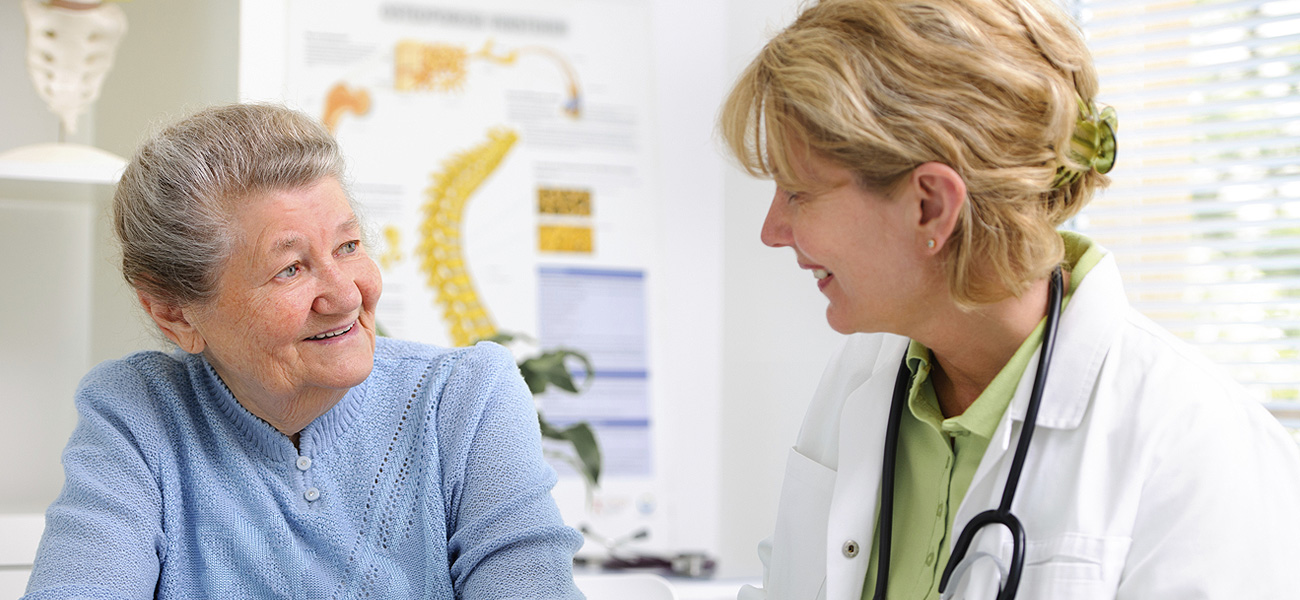Pain can be managed effectively in a number of ways, depending on the cause and type of your pain. Treatments may include:
- Medication - nonsteroidal anti-inflammatory drugs (NSAIDs), acetaminophen, opioid analgesics, antidepressant and anticonvulsant drugs; nerve blocks, corticosteroids, anesthetics; specialized injections, infusions, medical devices or surgical procedures; topical creams and skin patches
- Psychosocial interventions - stress management, counseling, coping mechanisms
- Rehabilitation techniques - exercise therapy, application of heat or cold, myofascial therapy
- Complementary and alternative medicine (CAM) - meditation, acupuncture, hypnosis, yoga, aromatherapy, therapeutic massage, supplements
Pain Medications
Your doctor may prescribe medication to relieve your pain. Some drugs are available over the counter at pharmacies or grocery stores, while others require a prescription and close follow-up care. At times, treating the pain's cause — as in using drug therapy to treat the underlying cancer — may relieve or decrease your pain and reduce the need for pain medication.
For mild to moderate pain, your doctor may recommend acetaminophen or NSAIDs, including aspirin and ibuprofen, which can provide relief to a certain degree. However, your doctor may advise against taking them during chemotherapy or radiation therapy.
For moderate to severe pain, your doctor may prescribe stronger pain relievers known as opioid analgesics, such as codeine and morphine, hydrocodone, oxycodone, hydromorphone, oxymorphone, methadone and fentanyl. These powerful drugs may require a treatment agreement to ensure that you take and store them safely and appropriately. Your provider will establish clear guidelines to ensure that you take the opioid as prescribed.
Opioid pain medicines differ in how well they control pain, how much you have to take, how long they last and in how they're given. Opioids can be swallowed in pill or liquid form, used as a suppository, injected or absorbed through a patch on the body. Your doctor can gradually increase the drug's dose as your pain increases.
Your doctor may try different drugs or drug combinations to find what works best for you. He or she may also prescribe non-opioids with opioids to treat specific types of pain, such as using NSAIDs with opioids to treat bone pain. Other drugs can include antidepressants, anticonvulsants or corticosteroids. Nondrug treatments such as psychological and rehabilitative therapies are often recommended in addition to drug therapy.
Addiction Risk
Some people are at risk for becoming addicted to opioid drugs, especially persons who have a history of substance abuse, a family history of addictive disease (alcohol, illegal drugs or prescription drugs) or a history of mental illness. However, patients with persistent pain who require prolonged opioid therapy and take these medicines as directed have little to no risk of developing an addiction.
Tell your doctor if you think you may be at risk for developing an addiction. Being at risk doesn't necessarily mean that using opioids to treat your pain won't be an option. However, you may need to work with an addiction specialist and undergo increased monitoring.
Nondrug Options
Increasingly, people living with cancer are turning to nondrug therapies to help alleviate pain and enhance their sense of well-being. The addition of these therapies often results in better pain relief and fewer side effects. Some common nondrug therapies include:
- Physical therapy and rehabilitation
- Complementary and alternative medicine (CAM) techniques, such as:
- Mind-body medicine (meditation, hypnosis, guided imagery)
- Natural products (herbs, special diets, vitamins)
- Manipulative and body-based practices (massage, chiropractic manipulation)
- Energy therapies (acupuncture, Reiki, therapeutic touch)
- Exercise (walking, pool therapy)
- Hot or cold packs
- Relaxation and breathing techniques
- Transcutaneous electrical nerve stimulation (TENS)
It's important for you and your doctor to discuss the type(s) of nondrug approaches that may be most appropriate for your condition. Tell your doctor if you're using any complementary or alternative treatments, as some natural products can change the way your body reacts to prescribed medications.

